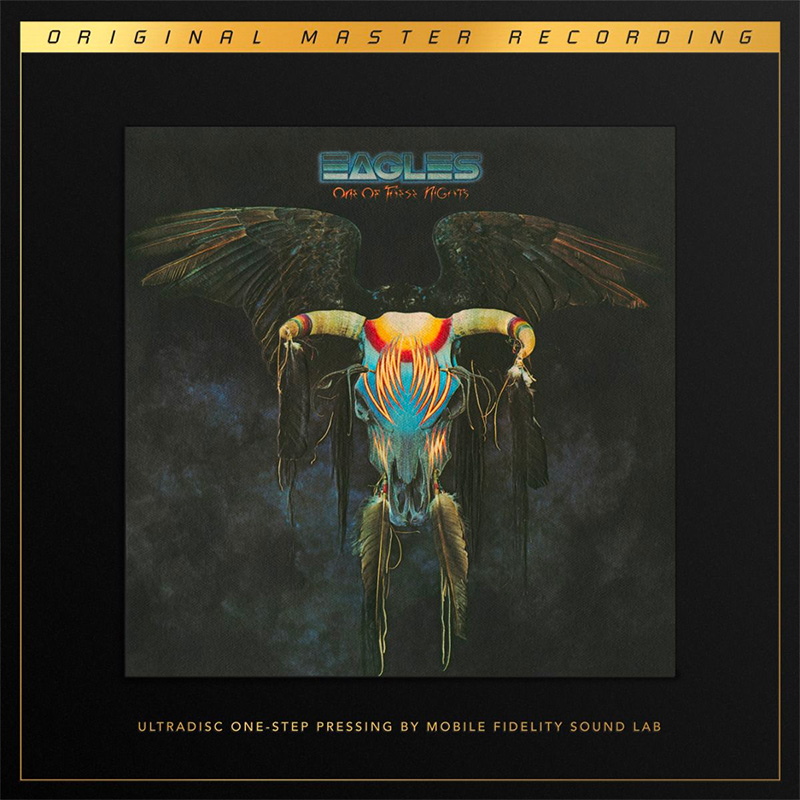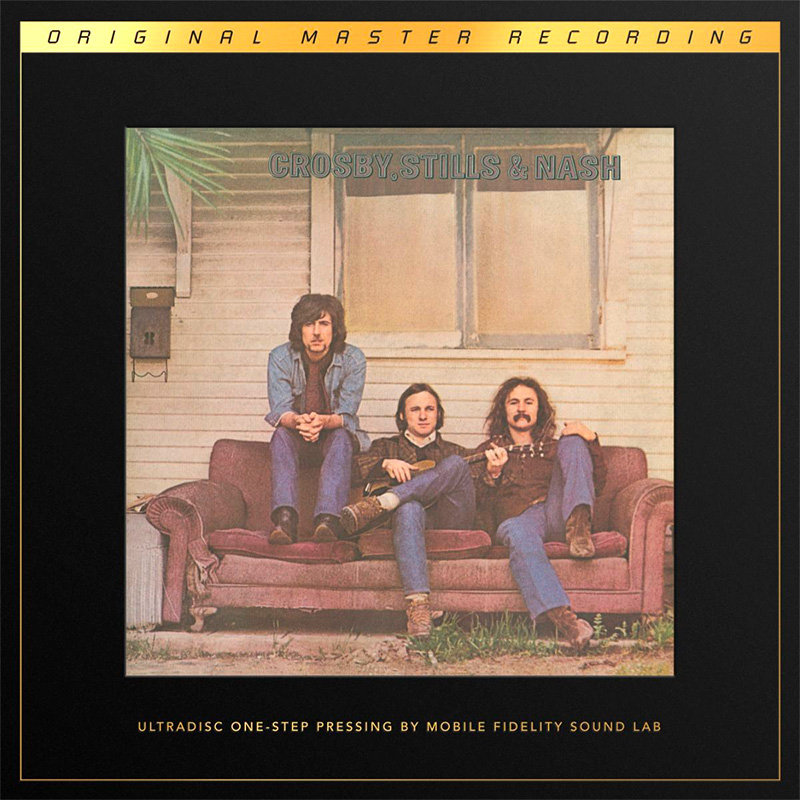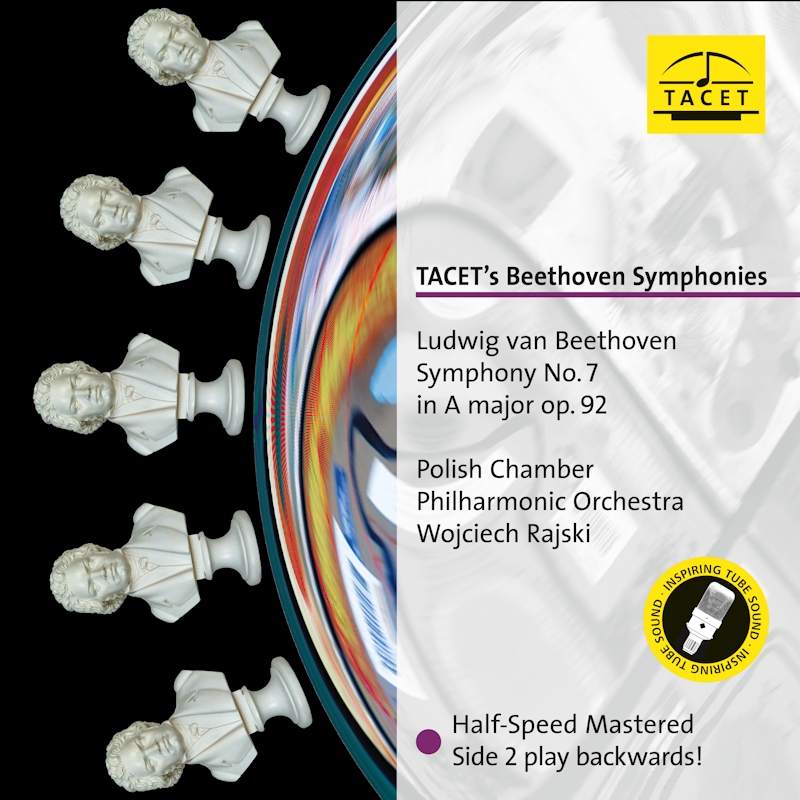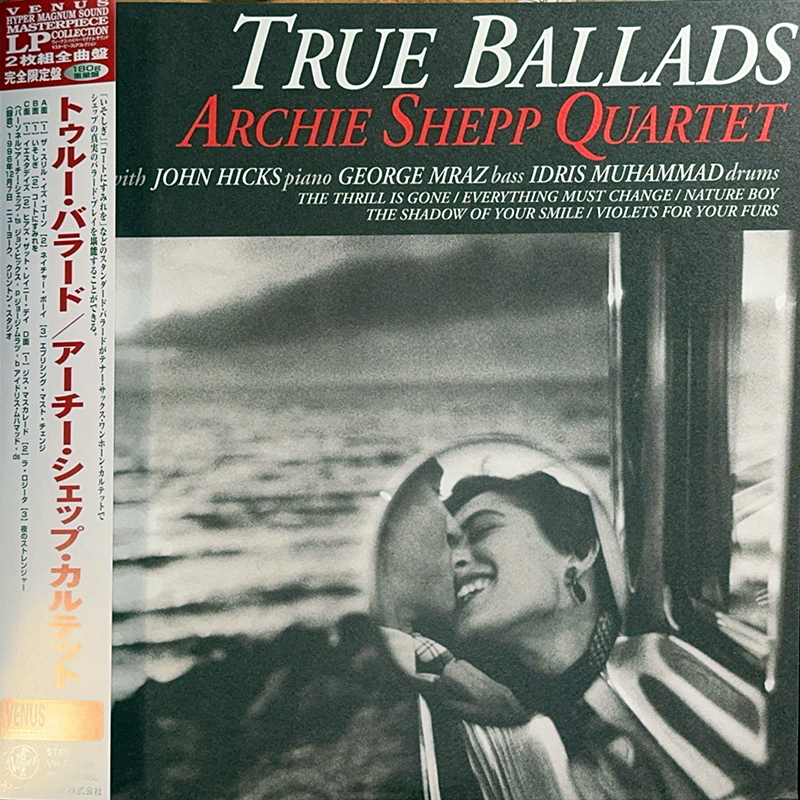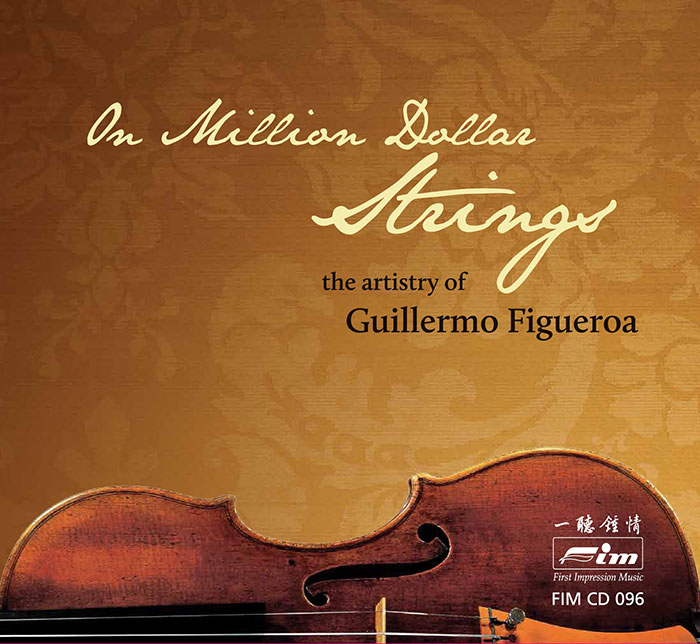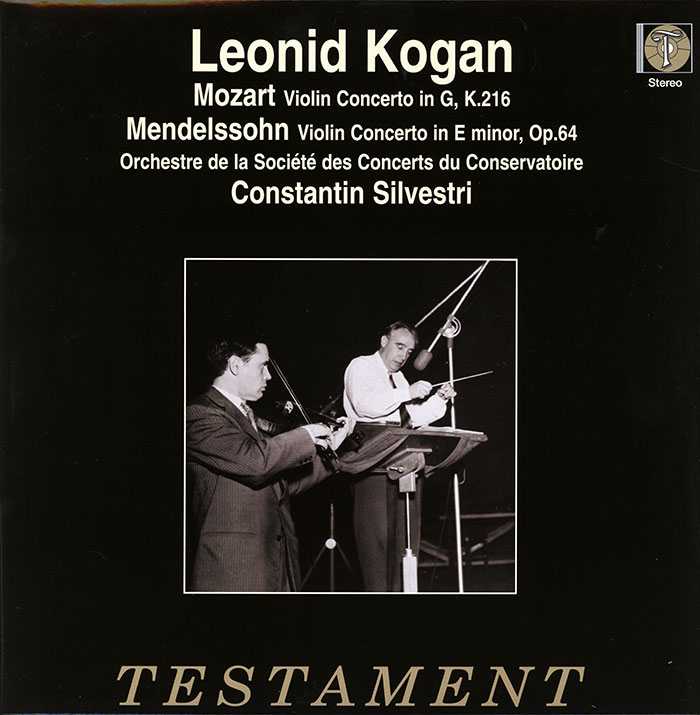Logowanie
OSTATNIE EGZEMPLARZE
Jakość LABORATORYJNA!
ORFF, Gundula Janowitz, Gerhard Stolze, Dietrich-Fischer Dieskau, Deutsche Oper Berlin, Eugen Jochum
Carmina Burana
ESOTERIC - NUMER JEDEN W ŚWIECIE AUDIOFILII I MELOMANÓW - SACD HYBR
Winylowy niezbędnik
ClearAudio
Essence MC
kumulacja zoptymalizowana: najlepsze z najważniejszych i najważniejsze z najlepszych cech przetworników Clearaudio
Direct-To-Disc
PIAZZOLLA, ChamberJam Europe
Tangos del Ángel y del Diablo
Direct-to-Disc ( D2D ) - Numbered Limited Edition
MOZART, MENDELSSOHN, Leonid Kogan, Constantin Silvestri, Orchestre de la Société des Concerts du Conservatoire
Violin Concerto No. 3 in G, K. 216 / Violin Concerto No.1 in E minor, Op. 64
Wolfgang Amadeus Mozart
Violin Converto No. 3 in G, K. 216
I. Allegro – Cadenza – Tempo I
II. Adagio – Cadenza – Tempo I
III. Rondo (Allegro – Andante – Allegretto – Tempo I)
Side 2
Felix Mendelssohn
Violin Concerto No.1 in E minor, Op. 64
I. Allegro molto appassionato
II. Andante
III. Allegretto non troppo – Allegro molto vivace
- Leonid Kogan - violin
- Constantin Silvestri - conductor
- Orchestre de la Société des Concerts du Conservatoire - orchestra
- MOZART
- MENDELSSOHN
Monumentalne
180-gram reissue from Testament Records of the rare recording featuring Constantin Silvestri conducting the Paris Conservatoire Orchestra With Leonid Kogan, Violin.
Violinist Leonid Kogan performs Violin Concerts by Mozart and Mendelssohn alongside the Paris Conservatoire Orchestra conducted by Constantin Silvestri.
"Mozart's violin concertos are to a large extent a reflection of the taste of the aristocratic society of his age. They are music which makes its foremost appeal by the elegance and supreme fluency of the writing and addresses itself to a cultivated sensibility but touches only very rarely - in contrast to his mature piano concertos - the deeper strings of emotion." - from liner notes
"Mendelssohn's Violin Concerto justly reckons among the prized possessions of every violinist's repertoire. Together with the violin concertos of Beethoven and Brahms, it forms the great triad among nineteenth century works for solo violin and orchestra. True, it does not aspire to the classical grandeur of the Beethoven concerto nor does it show the symphonic elaboration of Brahms' but it possesses a most alluring charm and lyrical grace of its own. Through its first two movements there runs a vein of gentle melancholy as characteristic of Mendelssohn's genius - Wagner read into this an expression of his Jewishness - as is the elfin lightness and glitter of the Finale. Besides, every bar of the solo part proclaims the truly violinistic nature of its conception."
